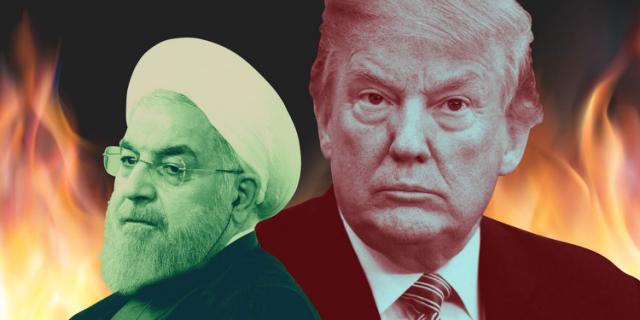News
Israel keeps blowing up military targets in Iran, hoping to force a confrontation before Trump could be voted out in November, sources say/ضربات اسرائيلية متتالية على مواقع استراتجية داخل إيران لجرها لمواجهة عسكرية قبل احتمال عدم اعادة انتخاب ترامب
Mitch Prothero/Business Insider/July 16/2020
- Iran has suffered a series of bombings and fires at military facilities in recent weeks, including at a major missile-production and nuclear facilities.
- This is part of a wider campaign to damage Iran or even pressure it into military confrontation before the November election, when President Donald Trump could be voted out, sources told Insider.
- A former Israeli defense official told Insider it was common knowledge that at least some of the latest attacks in Iran were done by Israeli intelligence.
- An EU official also told Insider that they fear Israel is planning to provoke Iran into military confrontation “while Trump remains in office.”
- Israel would not be able to engage in such high-pressure operations if Joe Biden were in office, the EU official added.
- Visit Business Insider’s homepage for more stories.
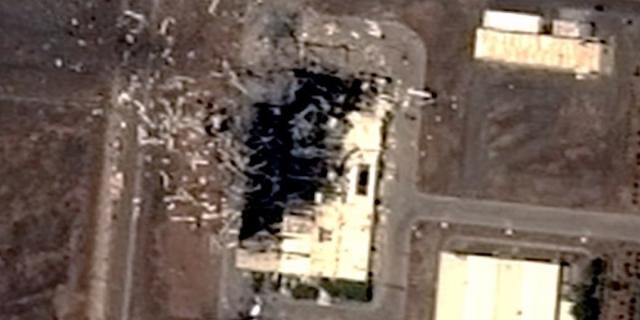
Google Earth/CNES/Airbus via Institute for Science and International Security
Israel is involved in an extended campaign to pressure or damage Iran before President Donald Trump could be voted out in the November election, a former Israeli defense official and a current EU intelligence official have told Insider.
Related video: How the US military came up with its salute
How the US military came up with its salute
The modern military salute comes from ancient traditions.
Israeli intelligence has been responsible for a series of bombings and fires at Iranian military facilities in recent weeks, including an explosion that destroyed much of a major nuclear centrifuge installation.
Iran has seen weekly incidents including explosions at a missile-production facility on June 22; the Natanz nuclear facility, Iran’s largest uranium-enrichment facility, on July 2; and an important shipyard in the port city of Bushehr on Wednesday.
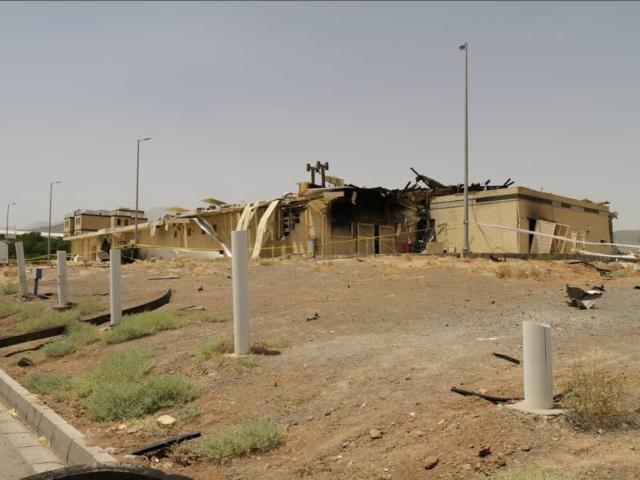
Reuters
These attacks have put the country on edge, with nearly daily reports of fires, explosions, and other mishaps treated as potential foreign sabotage.
Israeli officials told The New York Times in July that their intelligence services were responsible for the nuclear facility explosion, and implied that other attacks would be forthcoming.
Iranian officials said that most of the reported incidents are normal accidents but that in a handful of cases, enemy saboteurs are suspected.
A former Israeli defense official told Insider it was common knowledge in Israeli intelligence circles that at least some of the events in Iran over the last month were the work of Israeli intelligence operations.
“I don’t know which one’s exactly, and wouldn’t tell you anyway, because the entire point is for the Iranians to feel considerable stress trying to decide what might have been our work.”
The official declined to be named, citing fears of repercussion, but their identity is known to Insider.
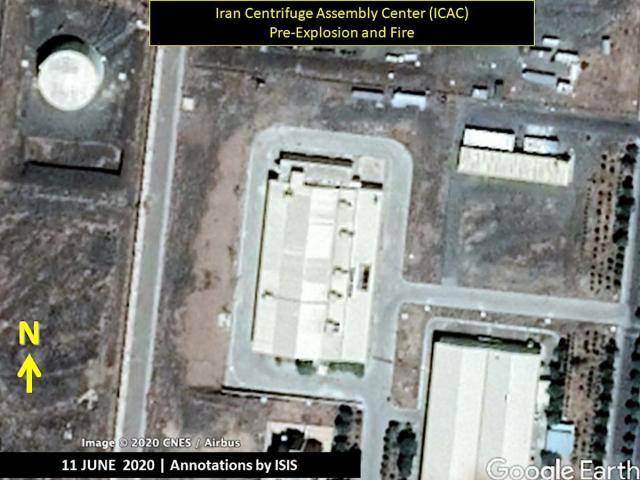
Google Earth/CNES/Airbus via Institute for Science and International Security

Google Earth/CNES/Airbus via Institute for Science and International Security
The Israeli government’s ongoing policy on Iran is clear, the official added.
“It’s been decided to follow the Trump administration’s lead of exerting ‘maximum pressure’ on the Iranians,” they said, referencing the US’ economic sanctions policy directed toward Iran.
‘Maximum pressure, minimal strategy’
The attacks appear to be part of a campaign of “maximum pressure, minimal strategy,” said the EU intelligence official, who cannot be named discussing active intelligence matters. Their identity is known to Insider.
The source warned that Iran could be considering a rash response after exhibiting relative patience in the wake of the January assassination of top commander Qassem Soleimani in a US drone strike.
“It’s one thing to ask hardliners to take the long view on an incident like Soleimani in light of the worldwide COVID crisis and a host of other factors,” the official told Insider, referring to the shift in global attention to the coronavirus pandemic.
“It’s another thing to conduct a rapid series of operations without a strategy, and I fear the Israeli plan here is to provoke an Iranian response that can turn into a military escalation while Trump remains in office.”
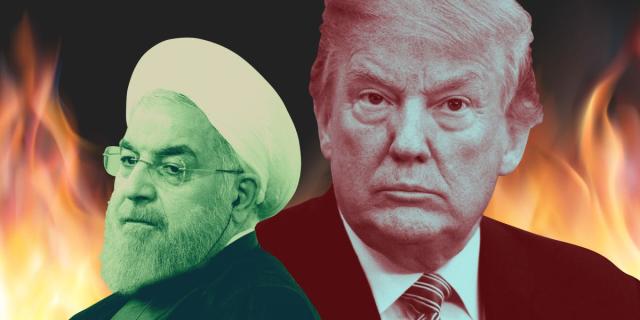
Michael Gruber/Getty Images; Olivier Douliery-Pool/Getty Images; Samantha Lee/Business Insider
‘A lot less appetite for adventures and secret missions … under a Biden administration’
With a broad belief among America’s allies that Trump is unlikely to win reelection, Israel’s apparent shift in tactics towards high-pressure “kinetic” operations seem to reflect a belief that under a Biden administration, there would be a move to save the 2015 nuclear deal that had been scuttled by Trump.
“There would be a lot less appetite for adventures and secret missions to blow up nuclear facilities under a Biden administration,” said the EU official.
When asked how much American allies would use the potential outcomes of the 2020 presidential election in making policy determinations, the official was blunt.
“There’s a reason we all follow your elections and watch CNN,” the official said.
Read the original article on Business Insider














